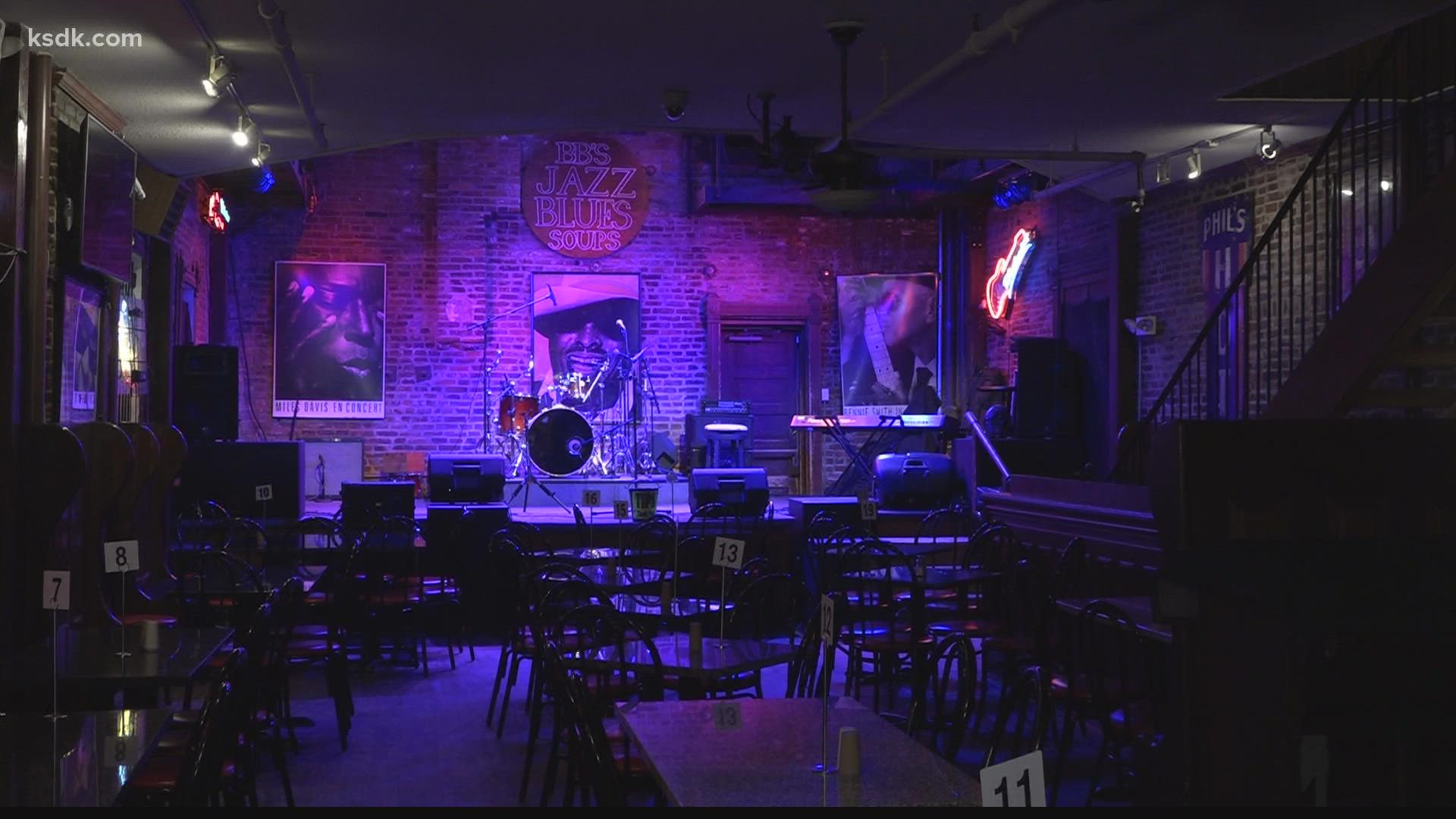ST. LOUIS — A medical group representing most hospitals in the St. Louis region expressed disappointment Friday in Gov. Mike Parson's decision to allow Missouri's pandemic state of emergency order to expire, saying it removes flexibility that helped hospitals treat the onslaught of COVID-19 patients.
The Republican governor on Thursday announced he was letting the pandemic-related state of emergency expire as of the end of December. In a statement, he said the state is ready to help but that “there is no longer a need for a state of emergency," citing the effectiveness of vaccines, mitigation efforts and the work of health care professionals.
The St. Louis Metropolitan Pandemic Task Force pointed to skyrocketing numbers of cases and hospitalizations as the omicron variant takes hold and delta variant continues its rapid spread. The task force said in a statement that the emergency order had allowed the expanded use of telehealth services, gave hospitals the ability to exceed licensed bed capacity, and eliminated barriers for testing and treating COVID-19 patients.
“For health care systems in Missouri, the emergency order that enabled us to expand our ability to care for more sick patients will be lost,” the statement said. It urged Missouri lawmakers to reinstate “many of the provisions that are essential to providing health care services during this pandemic.”
Parson's spokeswoman didn't immediately reply to a Friday message seeking comment.
Parson's decision comes as Missouri is averaging more than 4,000 new case per day, based on confirmed and probable testing results posted Friday on the state's COVID-19 dashboard. Statewide hospitalizations are also climbing, reaching 2,299, which is the highest total since August.
The statewide positivity rate of 19.5% for PCR testing is nearly four times higher than the 5% goal set by the World Health Organization.
Among those testing positive was Kansas City Mayor Quinton Lucas, who announced his diagnosis Friday on Twitter. The Democrat said he was fully vaccinated and received a booster shot, and that he's experiencing few symptoms.
The new surge led Washington University in St. Louis to offer online classes only at the start of the spring semester. The school said in a statement Thursday that cases are spiking on campus, just as they are in many parts of the country, which led to its decision to hold classes only online for the first two weeks of the semester.
The school said “as long as conditions allow,” in-person instruction will begin Jan. 31 and students who live in dorms will be allowed to return on Jan. 28. Students will be required to get tested for COVID-19 before they can return to campus. The university will mail test kits to any student with an address in the U.S.

